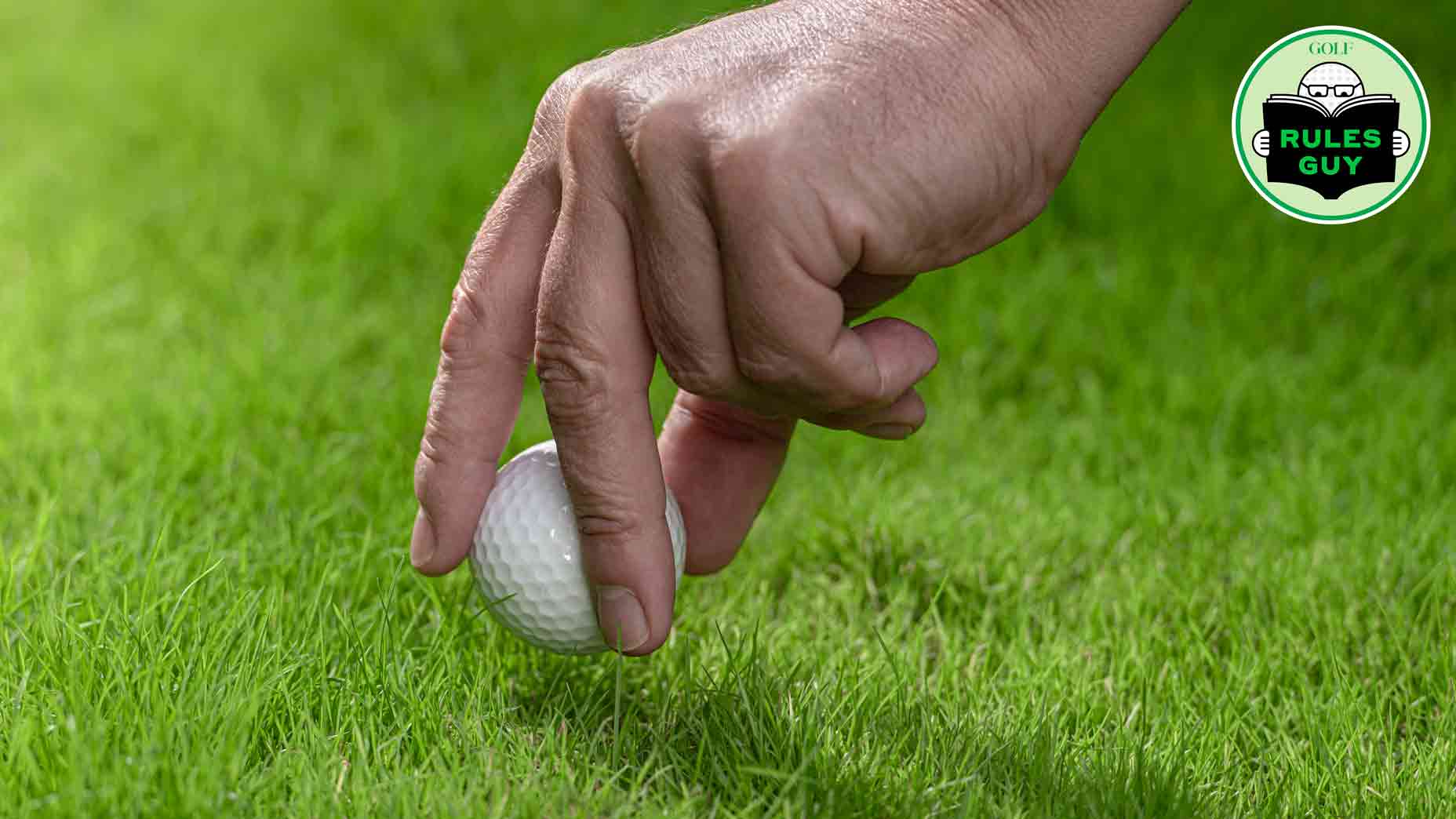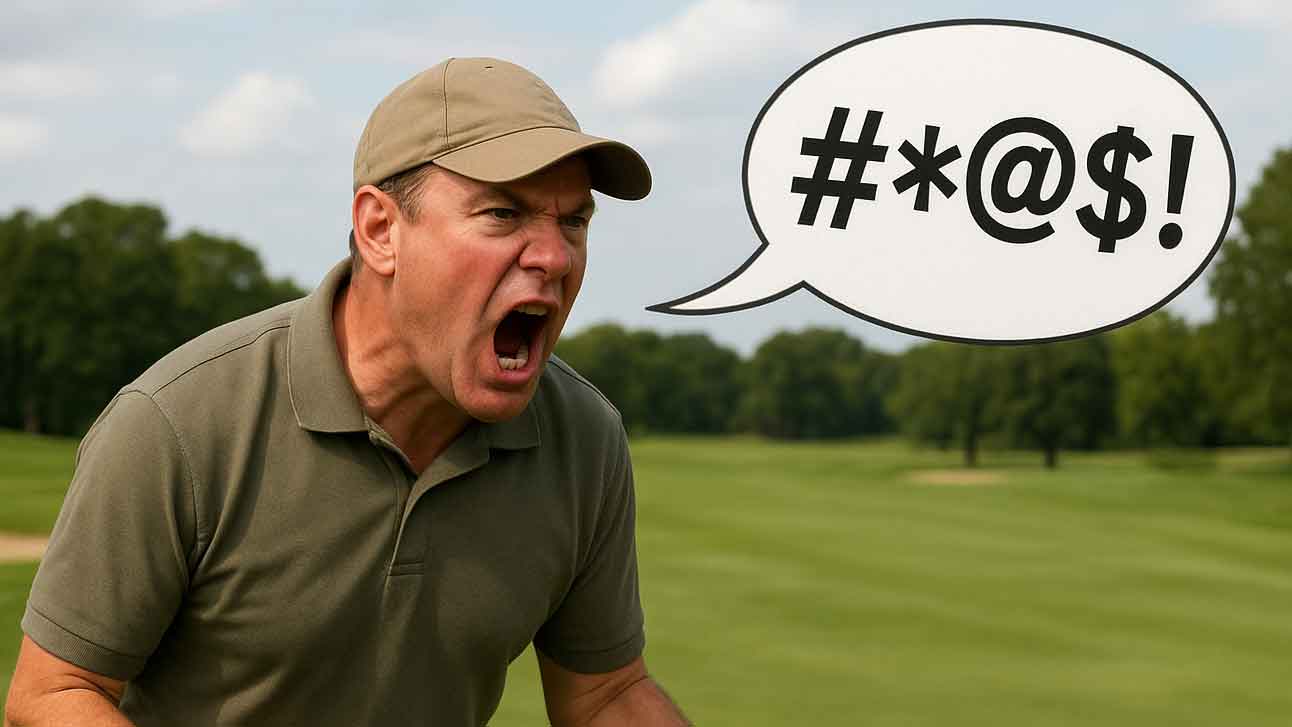Golf can be awkward. Awkward lies. Awkward swings. Awkward interactions with your playing partners.
Consider, for instance, the discomfort that arose over an incident at a recent LPGA and Epson Tour Q-School event, where a cheating accusation wound up making headlines.
In case you missed it, Epson Tour pro Gabby Lemieux alleged that one of her playing partners had violated the rules by incorrectly marking and replacing her ball on the greens.
Lemieux discussed the perceived transgressions with her caddie as well as with a third player-caddie pairing in the group.
She also summoned a rules official to watch the final holes unfold. What she apparently did not do was mention her concerns immediately to the player, Abbey Daniel, whose conduct was in question. Daniel said she only learned of those concerns after the round, when the matter was brought to her attention in the scorer’s tent.
What happened next is not in dispute. Daniel was slapped with a two-stroke penalty for failing to replace her ball in the correct spot on the 7th green, her 16th hole of the day. (In a bizarre twist, Lemieux herself wound up being disqualified for signing an incorrect scorecard, an error she attributed to having been distracted by her own efforts to protect the field.)
None of that is in question.
After reporting ‘cheater,’ pro commits costly gaffe of her ownBy: Sean Zak
What is up for discussion is another issue: From an etiquette standpoint, did Lemieux handle her concerns properly? Or, put more broadly, when you see an apparent rules violation, should you feel obliged to say something? And if so, how should you say it, and to whom?
First and foremost, it’s worth emphasizing that not all rules violations are created equal. A surreptitious foot wedge played from behind a tree represents a different level of misconduct from, say, an improper drop taken inadvertently. The former is an egregious breach. The latter is an innocent mistake. Intent matters, but not only for the player violating the rules. It’s also true for the player calling out that perceived violation.
In such instances, that player should “lean into the spirit of the game by acting with integrity and show consideration for others, even when you are competing against them.”
That language comes from Craig Winter, USGA senior director of Rules of Golf, who, in this instance, is not offering his judgment on the Lemieux-Daniel incident. He is merely sharing general guidance.
The Etiquetteist agrees.
In stroke-play competition, it’s every player’s duty to protect the field. In that sense, Lemieux had the right idea. Thing is, the field she was protecting included Daniel herself, who deserved to be told on the spot that she appeared to be doing something wrong.
An awkward conversation? Potentially.
Depends how the news is phrased, and in what tone.
It doesn’t have to be presented as a flagrant accusation. It can be handled diplomatically, along the lines of, “I’m not 100 percent certain, but it looked to me as if…”
Rules Guy: I accidentally picked up my match-play partner’s ball. Now what?By: Rules Guy
How the other player responds is not in your control. But you’ll know you have done your best to help. And you can let rules officials take things from there. (If it’s match play, and protecting the field is not an issue, you may decide not to pursue the matter further; but if you do, you’ll want to let your opponent know right away that you plan to get a ruling.)
If it’s a recreational match, how you handle the situation should hinge on three considerations: the importance of the competition, the seriousness of the infraction and the value you place on the relationship. And it may come down to which you think is more important: winning a match, or losing a friend.
Q school, of course, is not a casual competition. A lot was on the line. As it turned out, even with the two-stroke penalty Daniel incurred, she still wound up making the cut. But being kept in the dark about her perceived rules breaches could have had worse repercussions for her.
Daniel may have been wrong in the way she marked her ball, but she was right to note later on social media: “If a player had a problem with how I was marking a ball, I would have appreciated her bringing it to my attention during the round so I could be mindful of it.”












